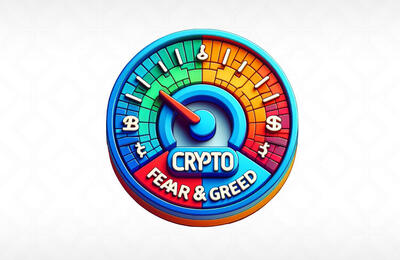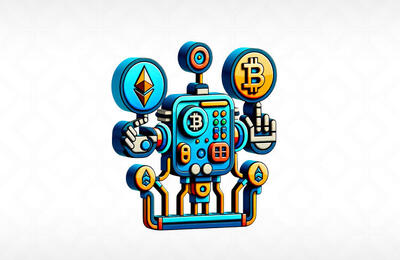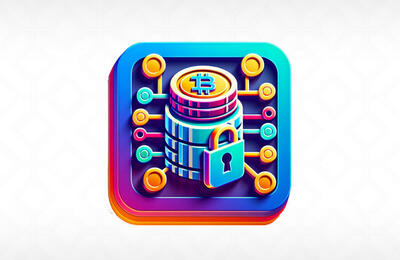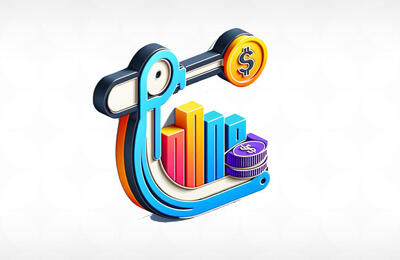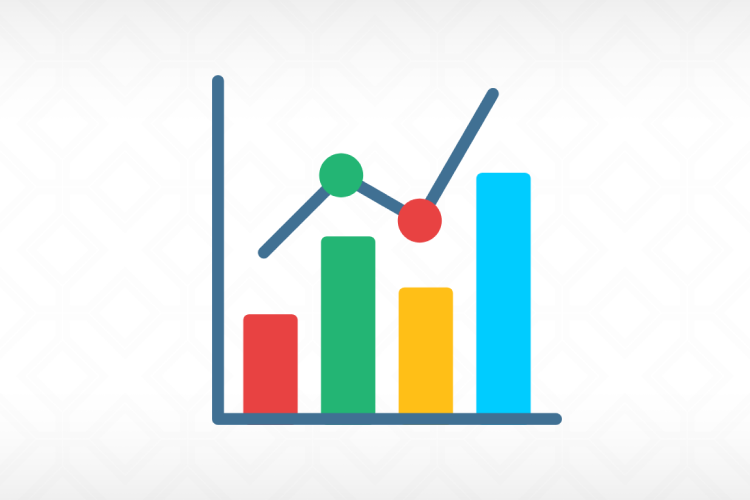
Commodity buying and selling has emerged as a dynamic and fascinating road for buyers. This article will guide you via the basics of commodity trading, specializing in the most prominent commodities — gold and oil — while also losing light on other commodities worth considering.
Let's delve into the fascinating world of commodity buying and selling and discover the elements that make it an appealing funding option.
What is Commodity Trading?
Commodity trading entails shopping for and selling physical goods, including gold, oil, agricultural merchandise, and more.
Unlike shares or bonds, commodities are tangible assets with intrinsic value. Investors buy and sell commodities to diversify their portfolios and potentially capitalize on charge fluctuations.
Understanding the basics of commodity trading is crucial for everybody looking to venture into this marketplace.
Commodities may be broadly categorized into hard commodities and gentle commodities. Hard commodities include herbal sources like gold, oil, and metals, while soft commodities encompass agricultural merchandise, wheat, soybeans, and espresso.
The Allure of Gold
A Shining Investment
Gold has been an image of wealth for centuries, and its charm within the funding world remains robust.
Investors often flip to gold in economic uncertainty as a safe-haven asset. Its limited supply and frequent appeal contribute to its enduring fee.
Why Invest in Gold?
Investors select gold for its ability to hedge against inflation and forex fluctuations. Unlike forex education, gold maintains its price over time, making it a reliable store of wealth.
Moreover, the call for gold extends beyond conventional funding purposes; it is also widely used in earrings and diverse commercial applications.
Diversification is a crucial principle in funding strategy, and gold plays a critical role in reaching this.
By including gold in a diversified portfolio, traders can reduce chance and potentially enhance returns.
The Dynamics of Oil Trading
Fuelling Opportunities
Oil, the lifeblood of the global economy, gives a unique opportunity for commodity traders. Crude oil, the maximum traded shape of oil, is a critical player in the commodity market.
Factors Influencing Oil Prices
Understanding the elements that affect oil charges is vital for commodity buyers. Geopolitical occasions, deliver and call for dynamics, and international financial situations all shape oil charges.
The geopolitical landscape has a full-size effect on oil expenses. Tensions in oil-generating areas can lead to deliver disruptions, inflicting expenses to spike.
On the other hand, accelerated manufacturing or stable political situations can contribute to decreased prices.
Supply and call for are essential forces inside the oil marketplace. Any imbalance between supply and demand can result in rate volatility.
The economic and technological improvements and regulatory modifications also have an impact on the call for oil.
Beyond Gold and Oil: Exploring Other Commodities
Diversification Beyond the Basics
While gold and oil dominate the commodity marketplace, there are other commodities that savvy investors remember for diversification.
Agricultural Commodities
Investors can discover commodities, which include wheat, soybeans, and corn. Agricultural products are encouraged by elements like weather situations, making them specific in their rate dynamics.
Crop yields, weather styles, and global demand for meal products contribute to the fluctuations in agricultural commodity fees.
Precious Metals
Gold, silver, platinum, and palladium are other valuable metals discovered in an area within the commodity market.
Each metal has its own set of industrial and investment uses. For instance, silver is a treasured metallic and has industrial packages in electronics and pictures.
How to Start Commodity Trading
Taking the Plunge
For those seeking to undertake commodity trading, a step-with-the-aid-of-step method is essential.
Educate Yourself
Understanding the basics of commodity buying and selling is step one. Familiarize yourself with the unique elements affecting the commodities you are curious about.
Stay knowledgeable about global monetary trends, geopolitical occasions, and marketplace dynamics.
Choose a Reliable Broker
Selecting a reputable dealer is essential for a clean trading experience. Look for a dealer with a person-friendly platform, low costs, and good customer service.
Consider the variety of commodities provided through the broking and the excellent studies and evaluation equipment available.
Practice with a Demo Account
Before risking real cash, do not forget to use a demo account to practice your trading strategies. This lets you benefit from experience without the worry of financial loss.
Experiment with particular commodities, examine market developments, and refine your approach earlier than when transitioning to staying buying and selling.
Conclusion
Commodity buying and selling opens up a world of possibilities for investors searching for diversity in their portfolios.
Whether you're interested in the timeless appeal of gold, oil's dynamic nature, or other commodities' potential, knowledge of the basics is fundamental.
As with any funding, thorough research and a careful approach are essential for fulfillment in the exciting realm of commodity trading.


